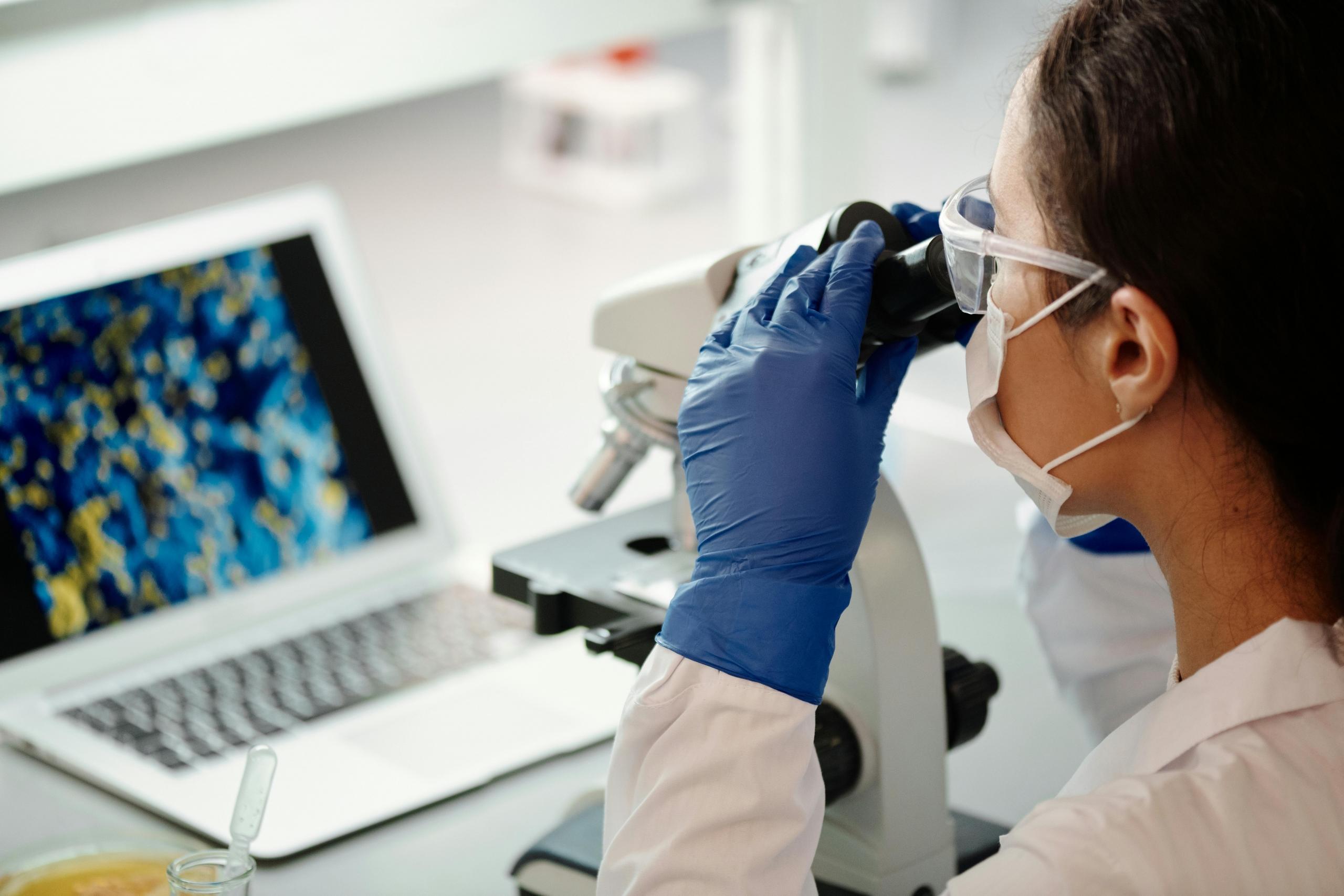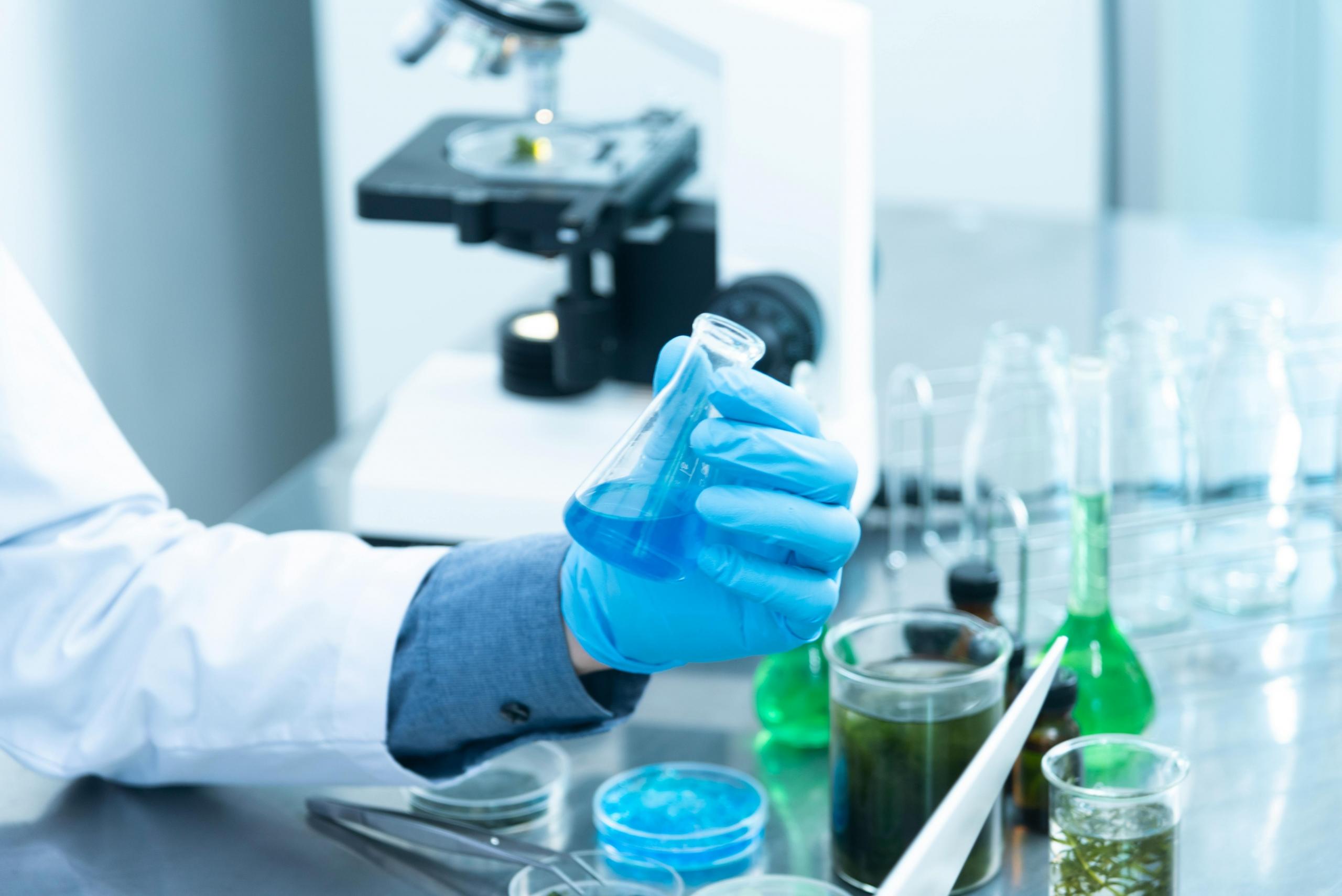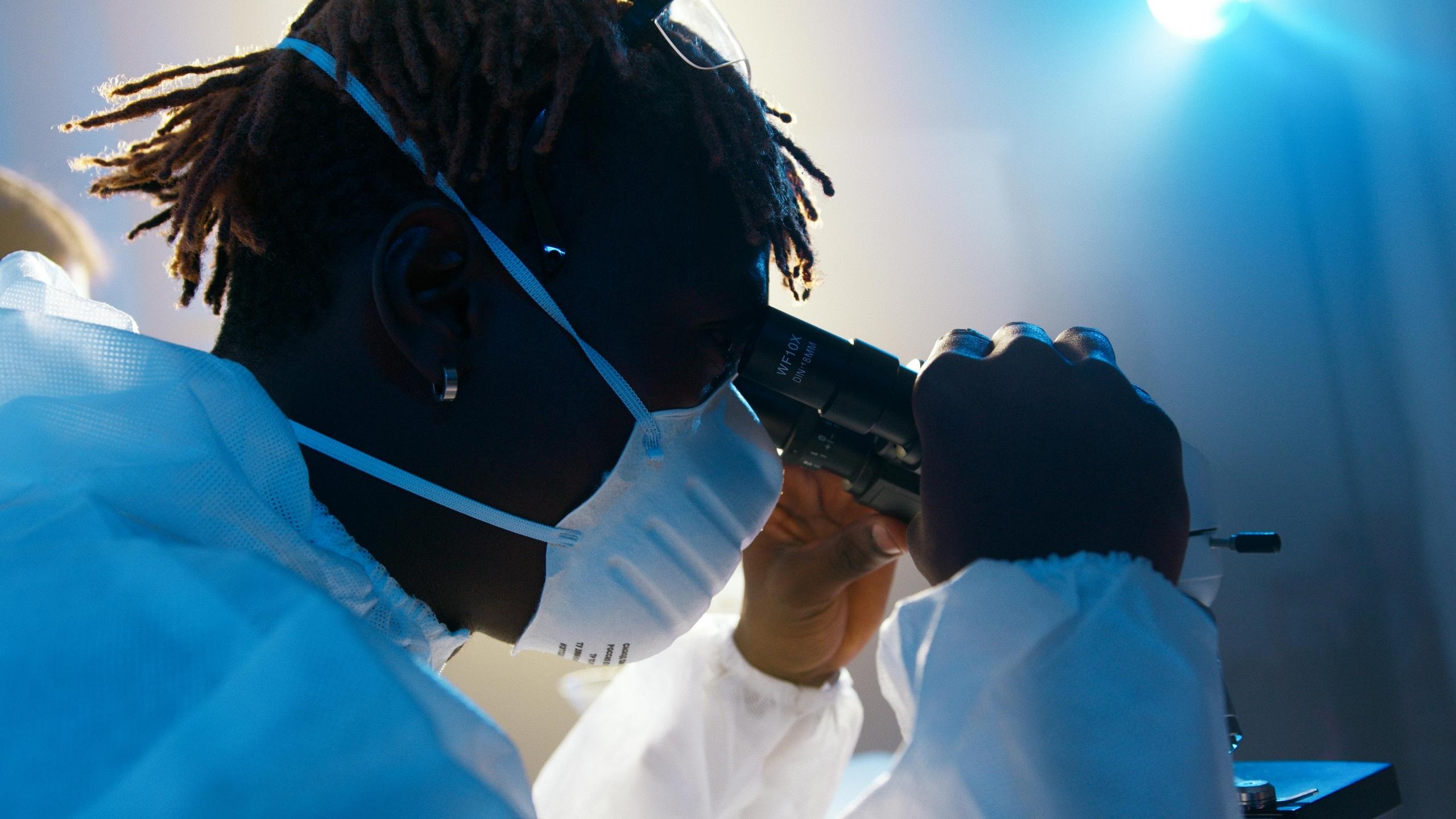Research is to see what everybody else has seen, and to think what nobody else has thought. Albert Szent-Gyorgyi
In the past, performing major surgeries like amputations without anaesthesia was considered a medical breakthrough, particularly if the patient survived. Similarly, trepanning —using a trephine to cut a hole in a patient's skull to treat intracranial conditions— was once seen as cutting-edge.
Today, trepanning is still practised, however, medical advances mean that it is a very different and less invasive procedure.
Historically, advances in medical research focused more on medicine and surgery to conquer disease than on patient care. This does not mean early surgeons indiscriminately sought out patients to operate on; many did care about comfort and well-being. However, the technology and resources to consider alternative solutions were limited.
Medical advances mean that progress in knowledge about drugs, chemicals, and biological processes, currently guide doctors differently in selecting therapies and treatments for a wide range of conditions. In addition, advanced technologies, which once seemed like science fiction, are now integral to healthcare. This integration of technology and healthcare sparks various debates and discussions, including:
- Ethical considerations regarding new medical research findings
- The role of nutrition in a medical breakthrough
- Solutions for personalised medicine technology
- Remarkable advances in medical research
A prominent topic in the area of advances in medical research is the impact of artificial intelligence (AI) on healthcare. While many predict dystopian futures, the focus should be on how current AI applications and technology can revolutionise healthcare today.
For instance, a medicine tutor can leverage their knowledge of new medical research findings to enhance a student’s understanding and inspire them to explore learning beyond the classroom.

The Top Medical Advances of the Past Decade
Meet Alex Lewis. In November 2013, he went to bed early, thinking he had a cold. Instead, a bacterial infection led to the loss of all four limbs, his lips, and his nose. As sepsis set in, his organs began to fail, nearly costing him his life.
Alex's case is striking not only for the severity of his infection but also for the role of technology in his survival. Within 24 hours, his legs and left arm had to be amputated. Days later, his body, overwhelmed by sepsis, began to shut down, and doctors placed him in a medically induced coma.
While this is a tragic story, it could have been worse. Had Alex faced this infection a decade earlier, his outlook would have been far bleaker. Survival would have been difficult and living as a quadruple amputee even more so. However, advances in robotics and bionics have restored his limb functionality. And as technology progresses, upgrades to his prosthetics will enhance his quality of life.
Similarly, former cyclist Gert-Jan Oksam understands the significance of regained mobility. He lost the use of his legs twelve years ago but today, walks again thanks to a dual brain and spinal implant. While brain implants began restoring vision to blind individuals three years ago, restoring mobility has been more challenging. This intricate procedure became feasible due to one of the medical breakthroughs of the past decade.

The Ethics Debate Over Gene Editing
In 1953, Francis Crick and James Watson discovered the DNA helix. Three decades later, scientists used it to find that Huntington's disease has a genetic origin. Soon after, science discovered how to look for cancer susceptibility in the human genome.
Until the discovery of the Huntington's and cancer genes, many believed illness was due to random chance. Understanding that genetic makeup makes humans prone to certain diseases was a medical breakthrough and offers insight into the possibility that the human genome might eradicate these illnesses. As a consequence, the Human Genome Project was launched in 1990. However, historians, philosophers, and lawmakers were cautious, recalling the eugenics movement nearly a century earlier, which aimed to create a genetically superior population, steeped in racism and classism.
Advances in medical research, technology, and tolerance eventually prevailed. In 1959, the genetic cause of Down's Syndrome was identified, yet there was consensus that altering that chromosome was unwise. Over the years, gene editing has become acceptable in specific cases, but a recent event has reignited the debate.
The Role of Nutrition in Disease Prevention

It makes sense that if our genes influence our susceptibility to illness, then what we consume must also play a significant role. For decades, the medical community has provided dietary recommendations, yet people continue to become sicker and more obese. This suggests a disconnect between dietary guidelines and actual health benefits.
For example, while eating grains is standard advice, the specific types and processing methods that make an impact on the body are rarely discussed. In addition, the focus on calorie intake is often misleading, as not all calories are equal. Some are empty, some are nutrient-dense, and different bodies metabolise them differently. In fact, an emphasis on calories can lead to neglecting overall nutrition.
Similarly, dietary fat is crucial for physical and mental health, but it has long been demonised with the belief that eating fat leads to weight gain. Contrary to this, recent studies indicate that consuming healthy fats can aid in weight loss and reduce cancer rates, including prostate, breast, and colon cancers.
Furthermore, new medical research findings in fat studies reveal even more benefits: high-fat diets are linked to reduced cognitive decline, memory loss, and depression. And given that developed societies have embraced low-fat, calorie-counting diets for the past 50 years, these findings are promising because, during this period, rates of heart disease, Type II diabetes, obesity, and mental health issues have risen. In addition, since the 1990s, there has been an increase in certain cancers, such as breast, colon, kidney, liver, and pancreatic cancers.
So, the link between nutrition and disease is clear, but our environment also plays a crucial role. Alongside genetic makeup, factors like pollution, toxins, physical activity levels as well as where and how we live all play a role. Thus, a one-size-fits-all approach to nutrition is ineffective.
In short, to maintain health and prevent disease, it's essential to understand your unique nutritional needs to optimise your personal, physical and mental well-being.
Personalised Medicine Technology: Healthcare of the Future
A medical breakthrough that is less considered is the realisation that humans don’t come in a one-size-fits-all mould. Unfortunately, this thinking has often led to aggressive and generalised treatments in the past where the disease reoccurs.

Today’s more integrated approach considers that each patient has a unique history and genetic profile. This is where personalised medicine technology makes an important entrance.
Despite steady medical advances over the decades, medical professionals have often had to rely on the process of elimination or educated assumptions to help their patients. In addition, the question remains, while interventions like surgery, chemotherapy, and radiation therapy can send cancer into remission, why does it return?
Many who have embraced personalised medicine technology are seeing that the issue isn't with the dedication of nurses or physicians but with the approach.
It's time to start treating the patient, not just the disease.
Along with new medical research findings, this is the philosophy behind personalised medicine. This AI-assisted initiative focuses on the patient first and considers their individual genetic profiles before deciding on a treatment plan. It also considers other factors such as diet and environment to determine the most effective therapy.
For instance, a patient presents with high blood pressure, high blood glucose levels, and high triglycerides, and they are obese, with an 'apple-shaped' body. Typically, a doctor would prescribe medication for each condition and advise weight loss, often without referring to a nutritionist or dietitian. Metabolic syndrome, which these symptoms describe, is a lifestyle disease, but some metabolic disorders are genetic. Therefore, prescribing medications without considering genetic or environmental conditions is often ineffective.
Instead, technology-assisted diagnosis prioritises the patient over treatment options. Knowing the patient's genetic profile allows AI to rule out certain metabolic conditions. If the patient uses a wearable device that tracks calorie intake and activity levels, AI can quickly identify lifestyle choices as the cause of the symptoms.
Doctors are constantly pressured to see more patients, cure more diseases, conduct more research, and publish more papers. They work long hours and often have only a few minutes with each patient. Imagine how much more productive those minutes could be with AI assistance.
Personalised healthcare not only eases doctors' workloads but also empowers patients. Wearable devices allow individuals to track their health markers and fine-tune their health regimens. When this data is plugged into an AI-driven platform, it creates a 'patient first' diagnostic and treatment system.
Advancements in medicine, guided by personalised approaches, show how theory and practice can revolutionise patient care and produce a medical breakthrough for an individual. Personalised medicine represents a shift towards a more effective, patient-centric approach, that considers the unique genetic and environmental factors that influence health.
This approach ensures that treatments are tailored to the individual, potentially improving outcomes and reducing the recurrence of diseases.
The art and science of asking questions is the source of all knowledge. Thomas Berger
Summarise with AI:

















